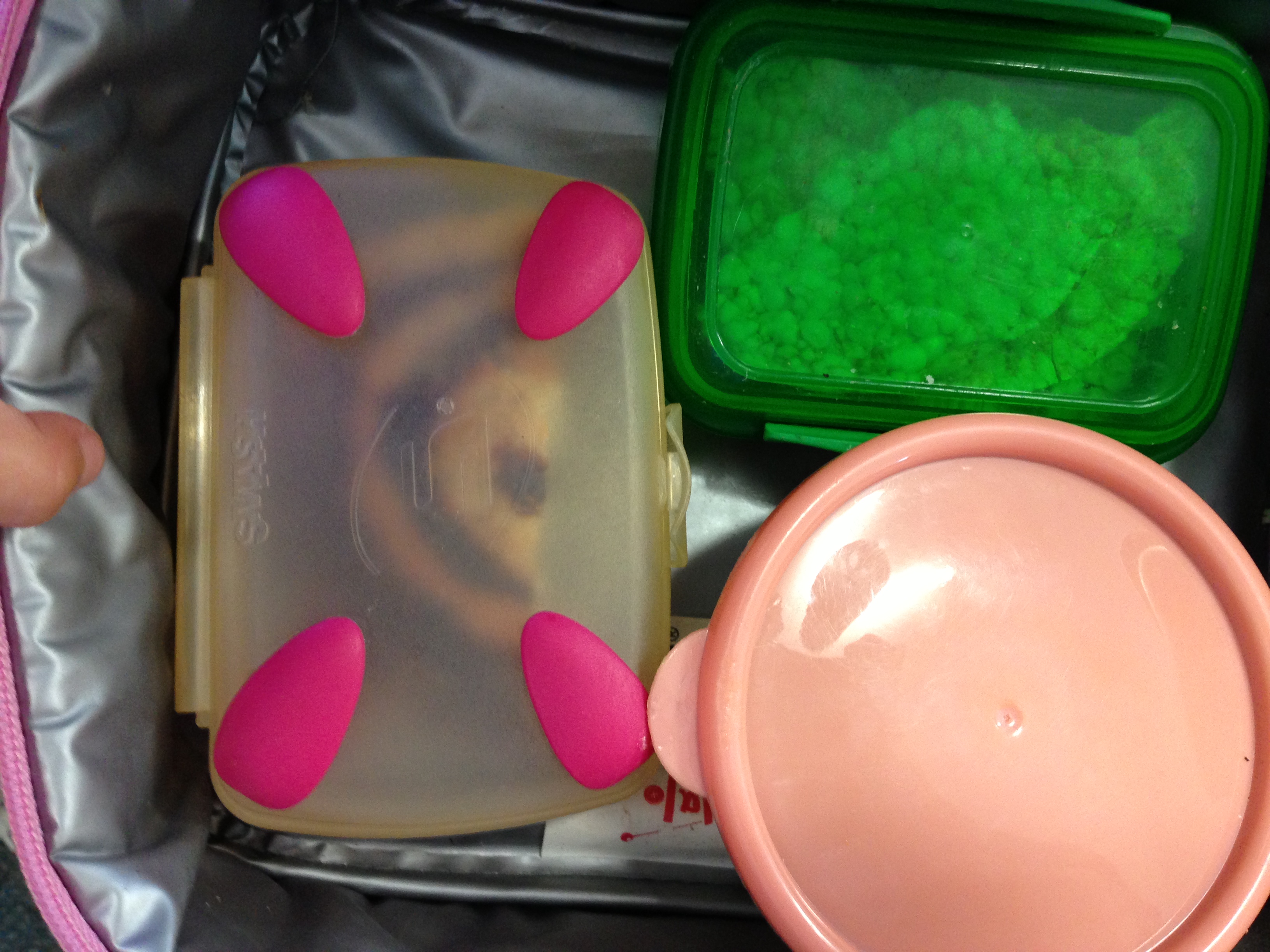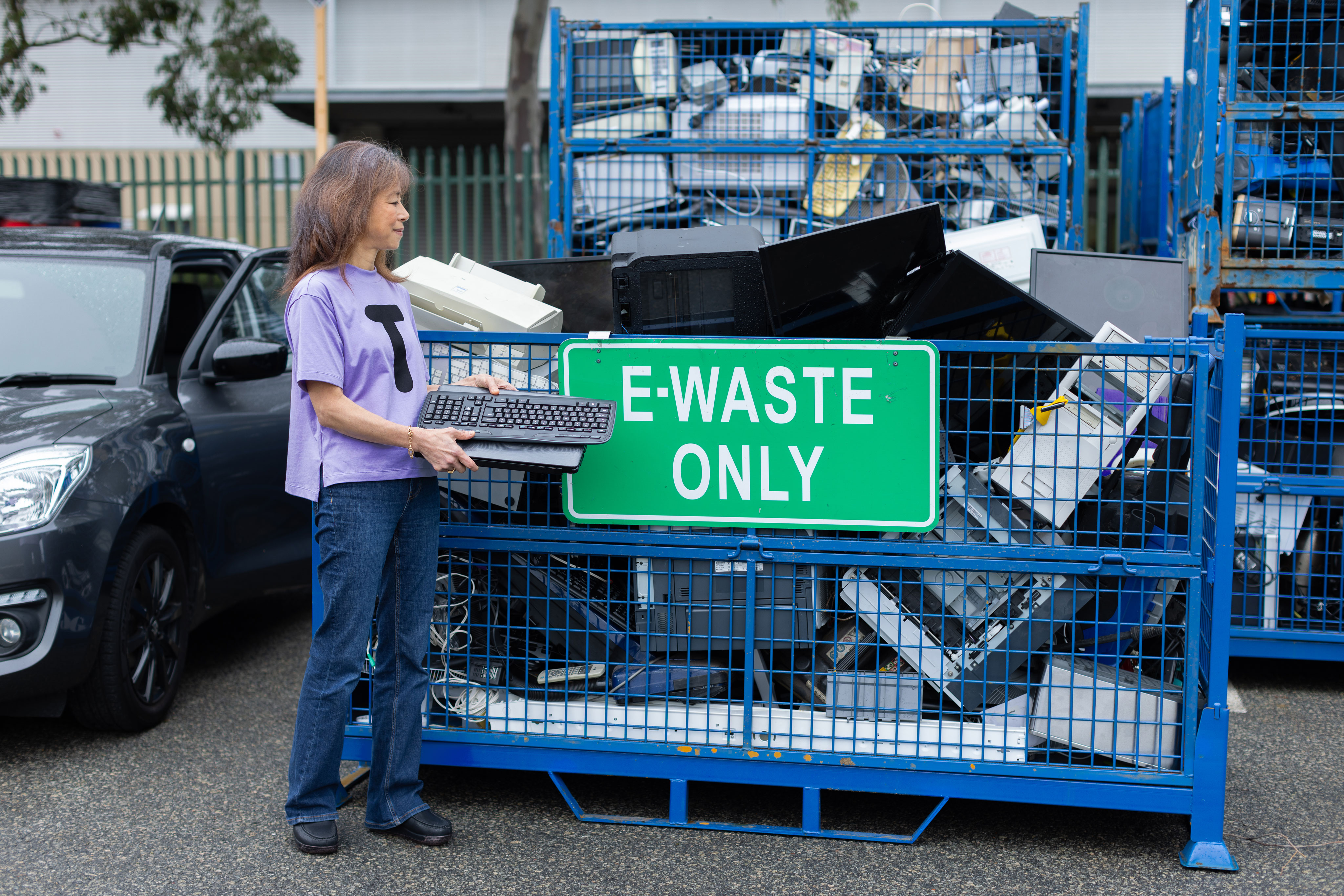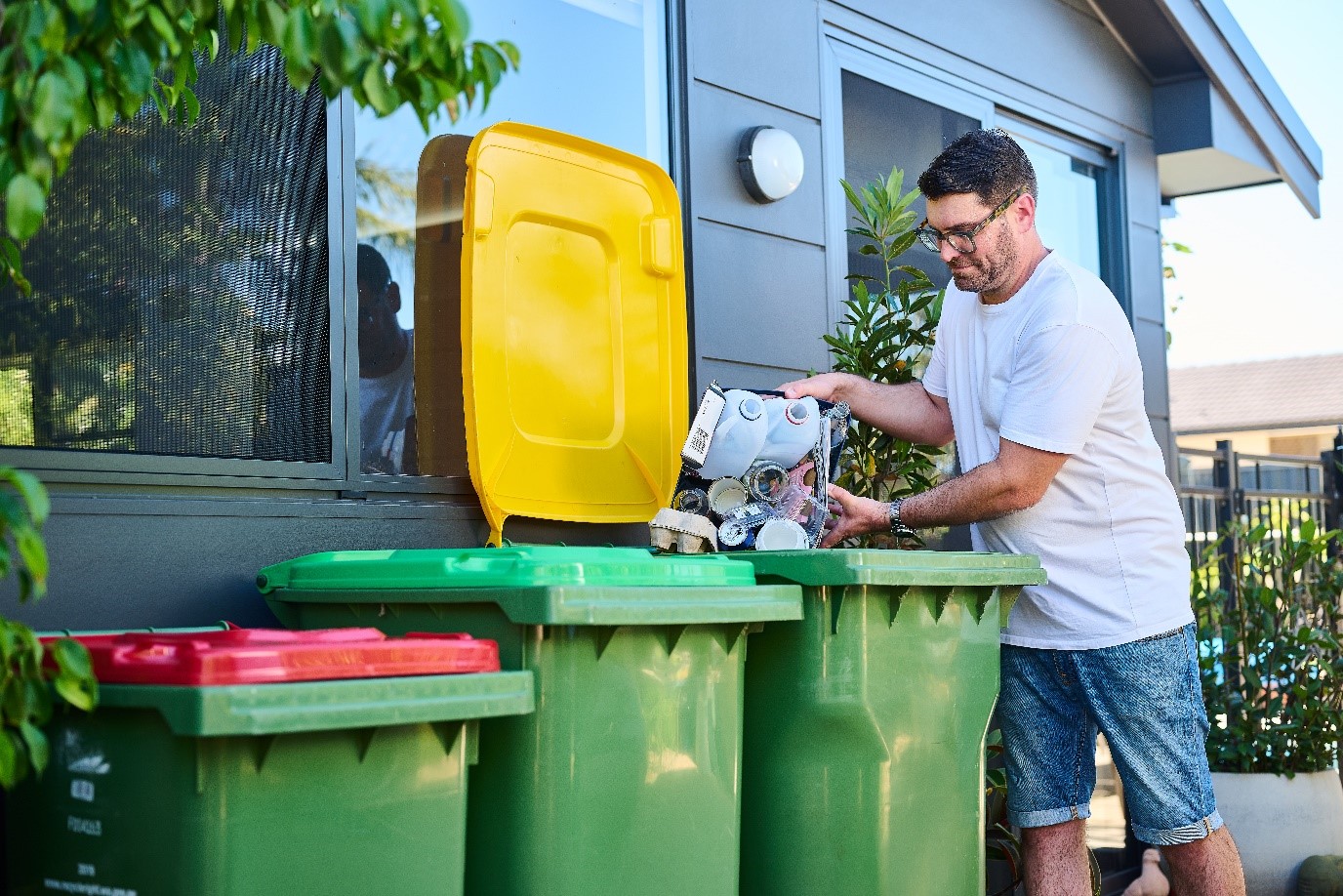Waste Free Lunch Tips
Posted on: July 10, 2020
Lunchboxes are a great place to tackle both food AND plastic waste. They can also be a great way to encourage kids to own their impact and become 'mini waste warriors'.

Think wash, not throw
Avoid using plastic wrap and aluminium foil when packing sandwiches and treats – try a reusable alternative, such as a container, sleeve, or a wrap such as those made with cloth and beeswax. These items will just need a quick rinse at the end of the day and they’ll be good to go again tomorrow rather than making their way to landfill.
DIY individual portions
Convenience costs – and in this case it’s impacting both your wallet and the environment. Individually wrapped items like biscuits, sultanas, crisps and yoghurt pots might make life easier but they generate large amounts of packaging waste. Buy larger sizes and then make your own lunchbox-friendly portions using smaller containers that can be rinsed out and used again and again.
Use leftovers whenever possible
Get creative and use dinner leftovers as sandwich fillings, or lunch itself. This will add variety and keep edible food out of your rubbish bin at home – it’s win-win! Cold and hot thermoses can be a good investment if you do this regularly and the lunchbox owner doesn’t have access to a fridge or microwave.
Don’t over pack!
If you notice a pattern of half-eaten sandwiches and snacks it’s always worth considering whether you are over-packing the lunchbox. Try packing less to see if this helps.
Plan ahead
For working adults the ease of buying lunch is tempting, but it's often wasteful. Dedicate some time on a Sunday to prepare grab-and-go lunch options for the following week. Soups, pasta and rice-based dishes, and even untoasted toasted sandwiches can be easily made in advance and help to save you $30-$50 per week.



